Monkeypox (mpox) has now become a global concern as WHO declared mpox a global public health emergency for the second time and the evolution of the monkeypox virus remains a mystery.
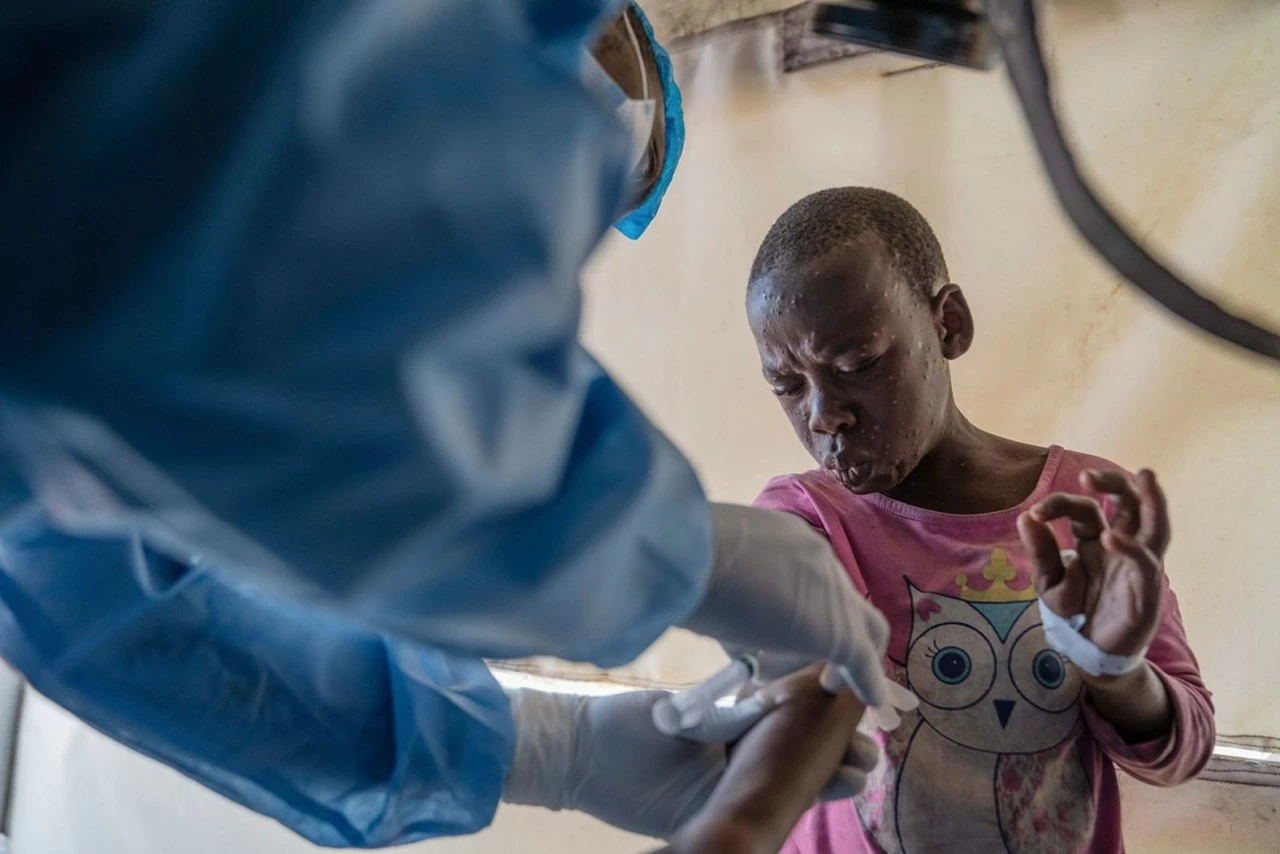 |
| Medical workers care for a patient infected with monkeypox at a treatment center in Monigi, Congo, on August 19. (Source: AP) |
The virus mutates faster than normal.
As of August 27, Africa has recorded 22,863 suspected cases and 622 deaths related to different strains of mpox across the continent. Meanwhile, according to the World Health Organization (WHO), as of August 25, Africa has had 5,281 confirmed cases of mpox.
In the Democratic Republic of Congo, the country most affected by monkeypox, more than 18,000 suspected cases of endemic clade 1 and clade 1b monkeypox virus have been reported, along with 615 deaths. These figures show the complexity of the epidemic and the concerns for global health.
The new variant of the monkeypox virus, called clade 1b, spreading in the Democratic Republic of Congo and neighboring countries is mutating faster than expected and is often occurring in areas with limited resources for surveillance and prevention, researchers say. Such changes mean that the virus’s evolution, severity, and transmission patterns remain unknown, hampering efforts to contain the outbreak.
Meanwhile, Swedish health authorities confirmed the first case of the clade 1b variant on August 15, and on August 22, Thailand also confirmed what is known to be the first case in Asia of the clade 1b variant. These are the first confirmed cases of clade 1b of the monkeypox virus outside of Africa.
Without a clear understanding of how the virus mutates, the medical community will have difficulty addressing issues related to transmission, severity of the disease and risk factors, according to Dimie Ogoina, chair of the WHO's monkeypox emergency response committee.
Genetic sequencing of cases infected with the clade 1b variant showed that they carried a mutation called APOBEC3 (an enzyme in a family of proteins). According to Dr. Miguel Paredes, who studies the evolution of the monkeypox virus at the Fred Hutchison Cancer Research Center (USA), the monkeypox virus usually mutates slowly, but mutations promoted by APOBEC can speed up the virus's evolution.
According to Dr. Paredes, all cases of monkeypox transmitted from person to person show the above APOBEC mutation, which means that the monkeypox virus is mutating a little faster than researchers predicted.
Do not be subjective with monkeypox
Before the 2022 outbreak in 70 countries, monkeypox had been spreading silently for years with little attention or notice. In addition, while the 2022 outbreak was mainly concentrated in gay and bisexual men, the current outbreak in Africa is not only through sexual contact but also through close contact between children, pregnant women and other vulnerable groups.
According to Malaysian medical experts, although mpox and Covid-19 are both caused by viruses, the two diseases are fundamentally different in origin, symptoms, transmission methods and treatment methods, and also have separate clinical manifestations.
Professor Rafdzah Ahmad Zaki, Dr Lim Say Hiang and Dr Lim Yin Cheng (Faculty of Social Medicine and Disease Prevention, University of Malaya, Malaysia) said: the incubation period of mpox is 3-17 days and symptoms start 5-21 days after infection with the virus with common symptoms such as fever, headache, sore throat, muscle aches, swollen lymph nodes and rash with blisters on the face, hands, feet, body, eyes, mouth or genitals.
As the world deals with a variety of existing and emerging infectious diseases, it is important for people to differentiate and understand how they are transmitted, their symptoms, and preventive measures, the three experts said.
Compared to mpox, Covid-19 spreads faster because it is transmitted through the respiratory tract when an infected person coughs, sneezes, talks or breathes.
Treatment for mpox is primarily supportive, focusing on relieving symptoms and preventing complications. Meanwhile, treatment for Covid-19 varies depending on the severity of the disease. Mild cases may require rest, hydration, and over-the-counter medications to relieve symptoms.
Vaccines are still an effective method of prevention.
To combat mpox, WHO launches the Global Strategic Preparedness and Response Plan. WHO calls for international collaboration to increase access to mpox vaccines, especially for low- and middle-income countries.
Vaccination campaigns are planned to target high-risk individuals who have been in close contact with cases, as well as health workers, to cut the chain of transmission.
On August 28, the Africa Centers for Disease Control and Prevention (CDC Africa) announced that it had secured nearly 1 million doses of monkeypox vaccine (mpox) for the continent, and urged pharmaceutical companies to share production technology to fight the disease.
Earlier this month, the WHO declared a public health emergency of international concern (PHEIC) over monkeypox, with Africa now at the forefront of the outbreak. The DRC accounts for 90% of the cases reported this year, according to the WHO. In response, several countries have pledged to send vaccines to the hardest-hit African countries, with Spain alone pledging 500,000 doses. Danish pharmaceutical company Bavarian Nordic will also provide 215,000 doses.
The US biopharmaceutical company Emergent BioSolutions said on August 29 that the US Food and Drug Administration (FDA) has approved the widespread use of its ACAM2000 vaccine against mpox for people at high risk of the disease. Previously, Emergent announced that it would donate 50,000 doses of the company's smallpox vaccine to the Democratic Republic of Congo and other affected countries including Burundi, Kenya, Rwanda and Uganda to prevent the current monkeypox outbreak.
Source: https://baoquocte.vn/virus-gay-benh-dau-mua-khi-dang-bien-doi-nhu-the-nao-284692.html


![[Photo] Flower cars and flower boats compete to show off their colors, celebrating the 50th anniversary of Da Nang Liberation Day](https://vstatic.vietnam.vn/vietnam/resource/IMAGE/2025/3/28/086d6ece3f244f019ca50bf7cd02753b)
![[Photo] Helicopters and fighter jets practice in the sky of Ho Chi Minh City](https://vstatic.vietnam.vn/vietnam/resource/IMAGE/2025/3/28/3a610b9f4d464757995cac72c28aa9c6)
![[Photo] Prime Minister Pham Minh Chinh meets with Brazilian President Luiz Inacio Lula da Silva](https://vstatic.vietnam.vn/vietnam/resource/IMAGE/2025/3/28/41f753a7a79044e3aafdae226fbf213b)
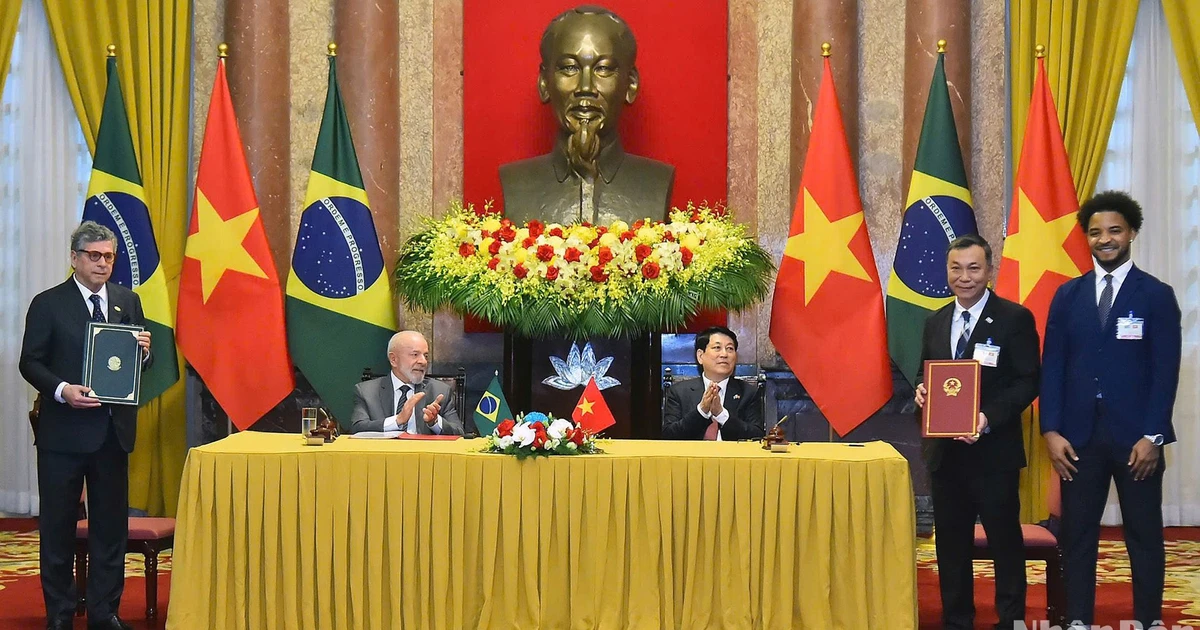
![[Photo] President Luong Cuong hosts state reception for Brazilian President Luiz Inacio Lula da Silva](https://vstatic.vietnam.vn/vietnam/resource/IMAGE/2025/3/28/56938fe1b6024f44ae5e4eb35a9ebbdb)



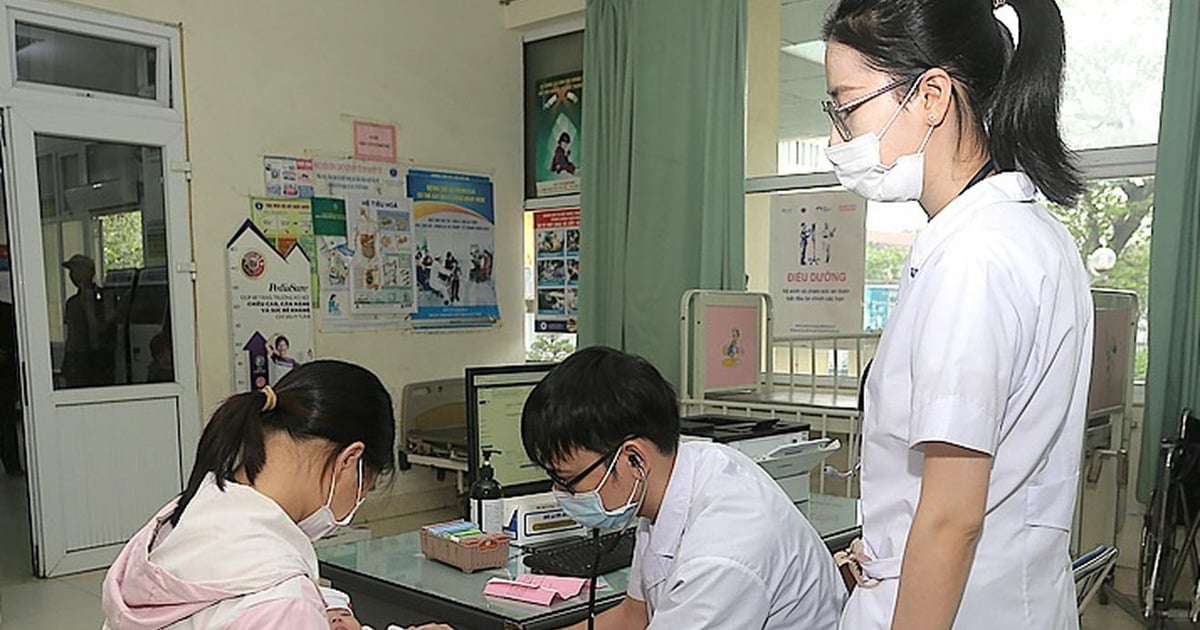

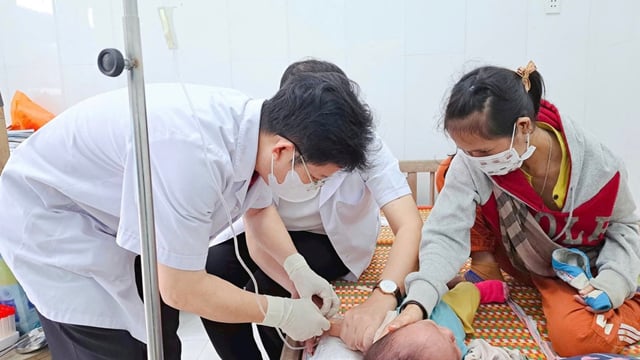


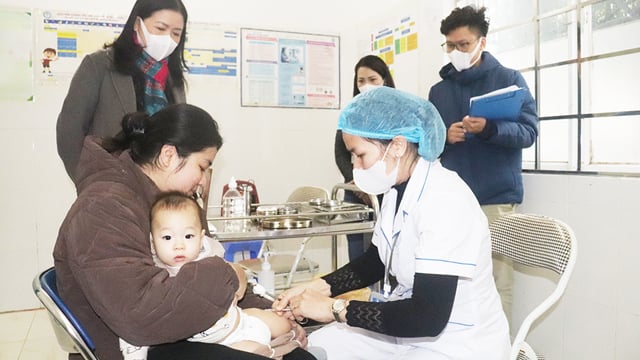
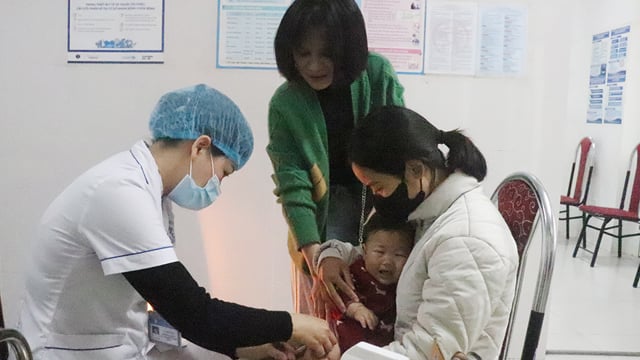
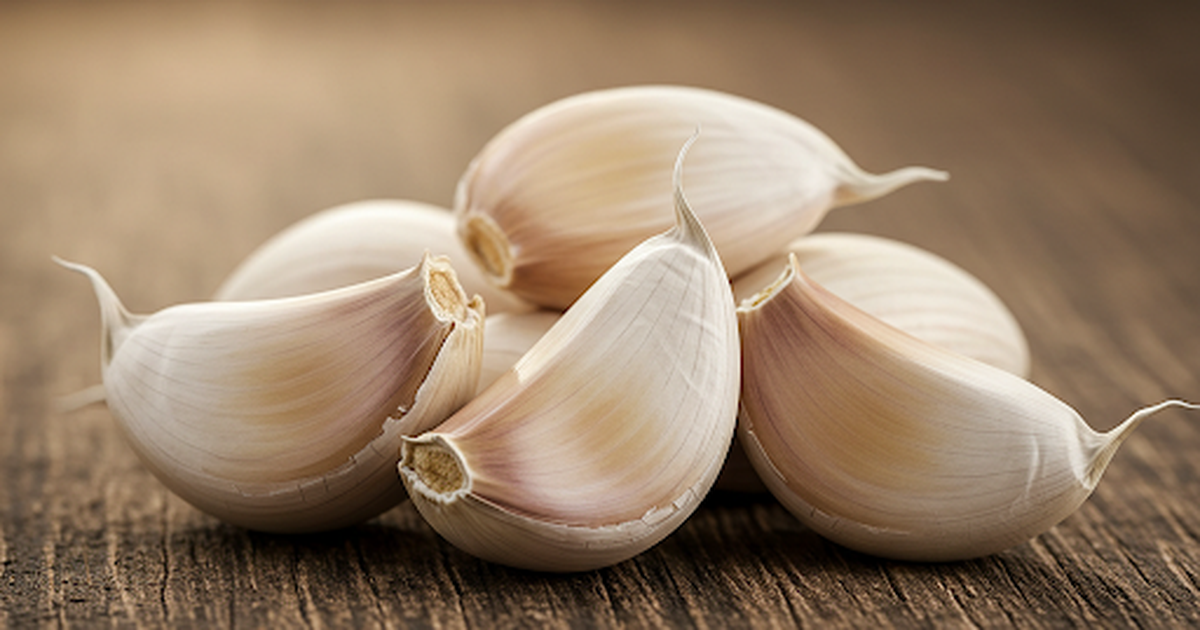


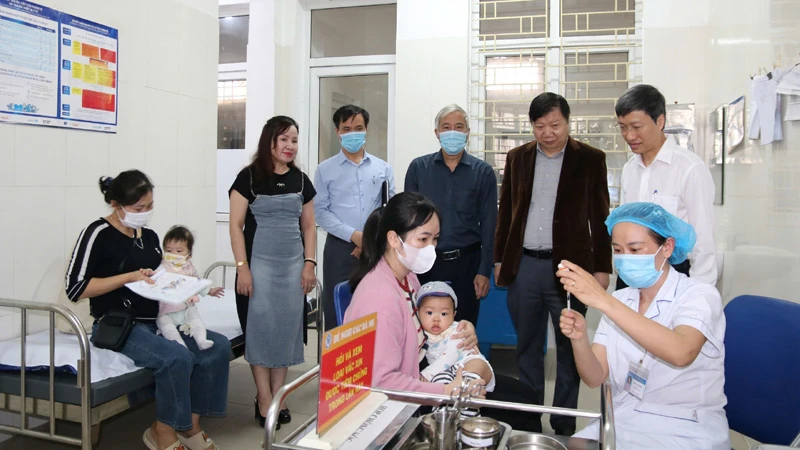
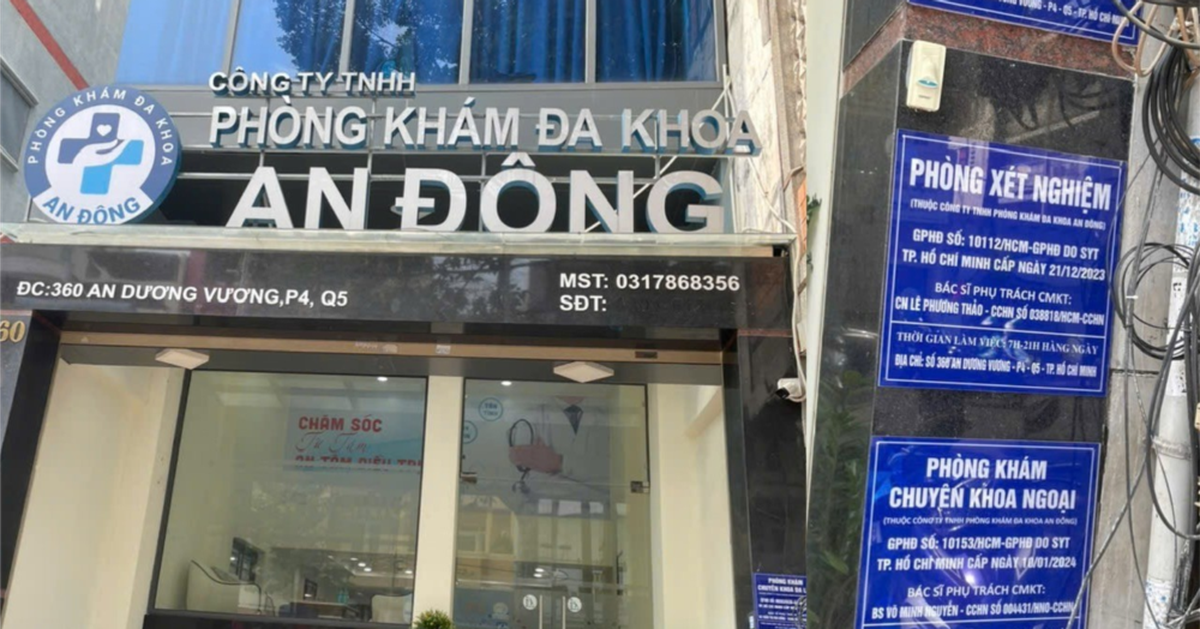
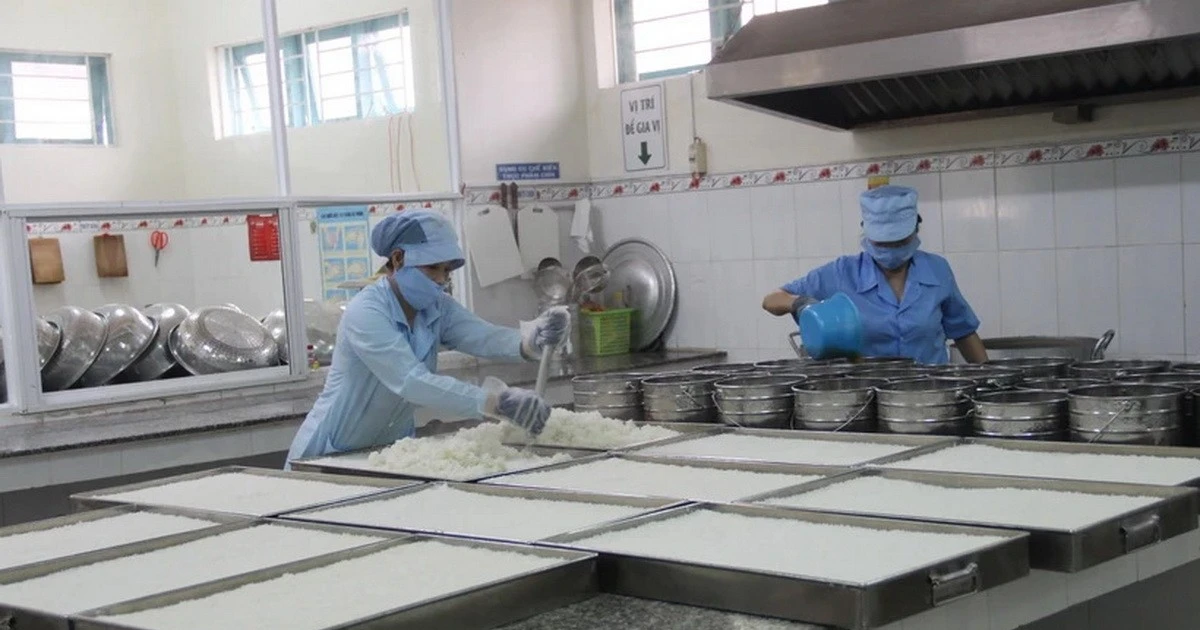





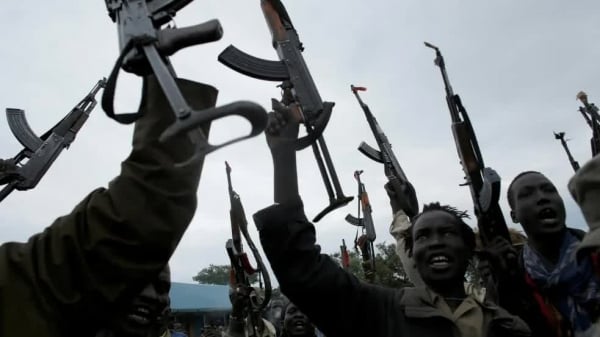
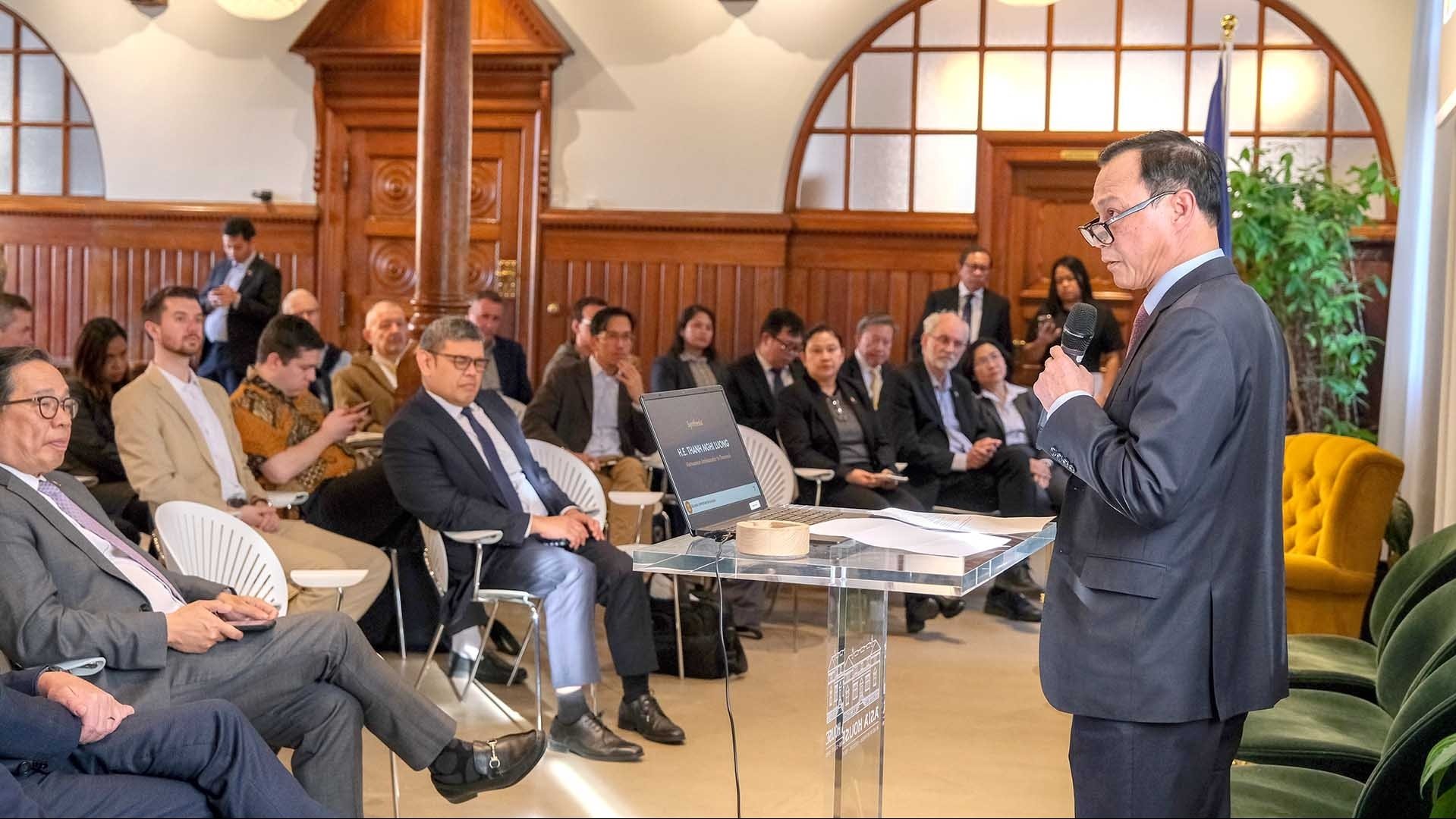
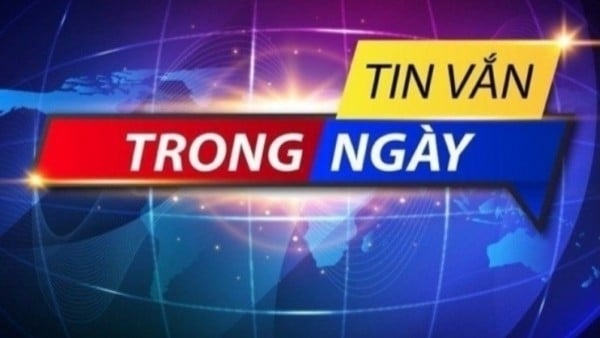






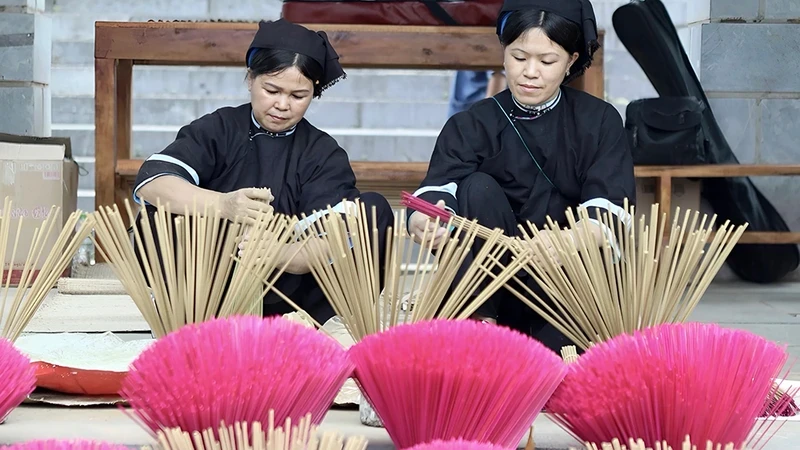

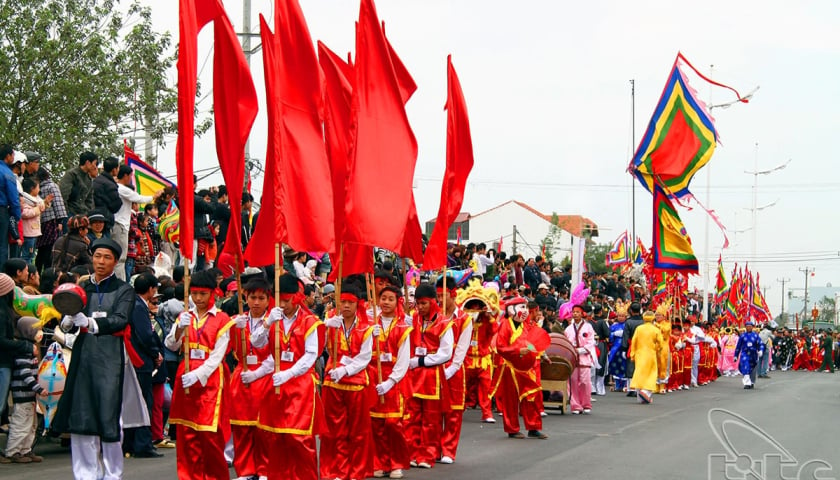










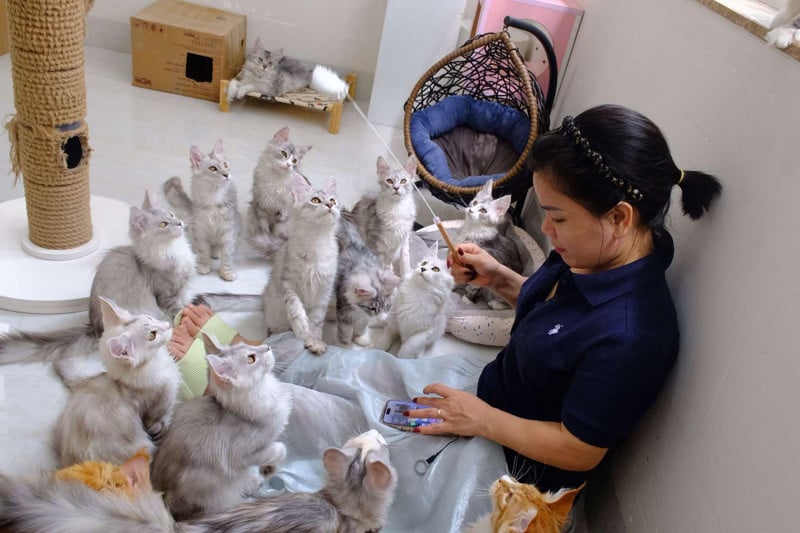












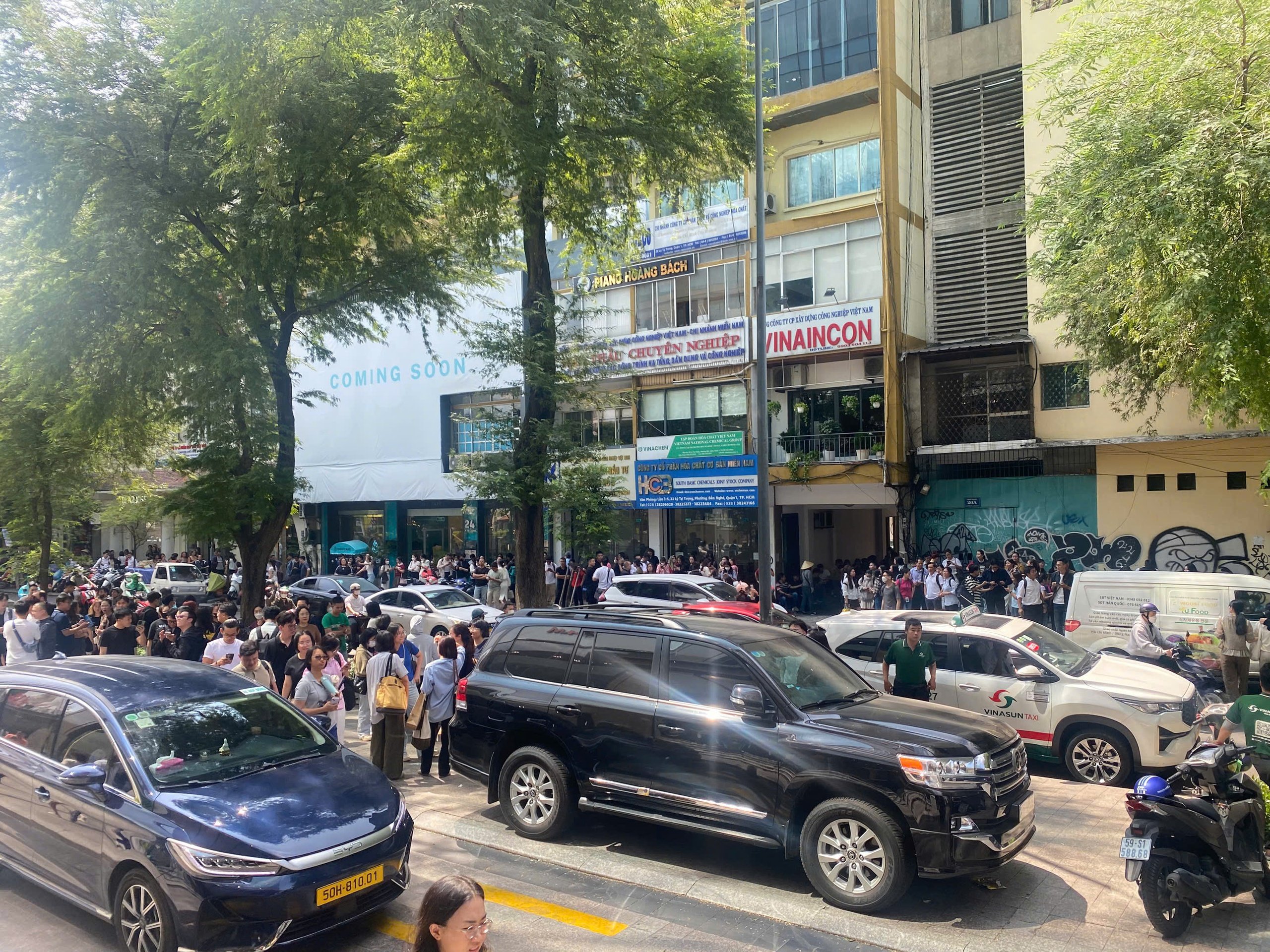
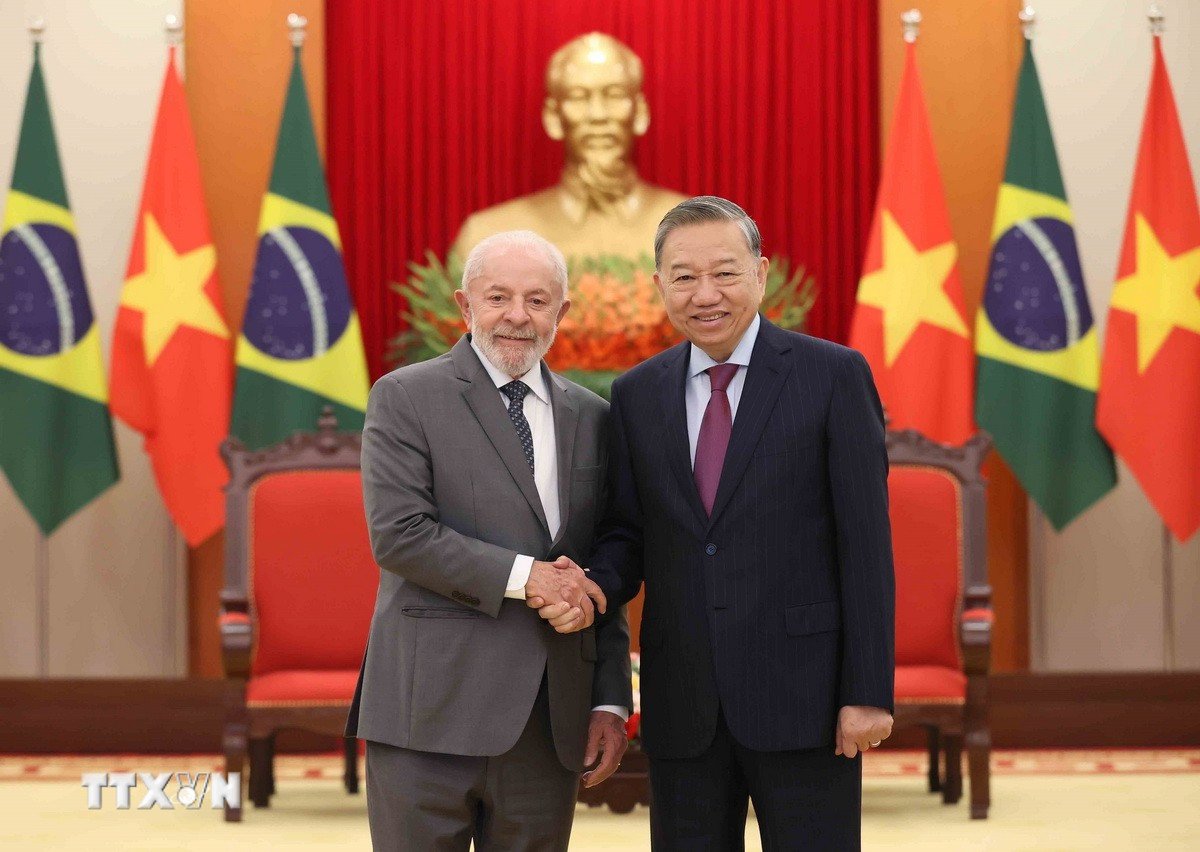

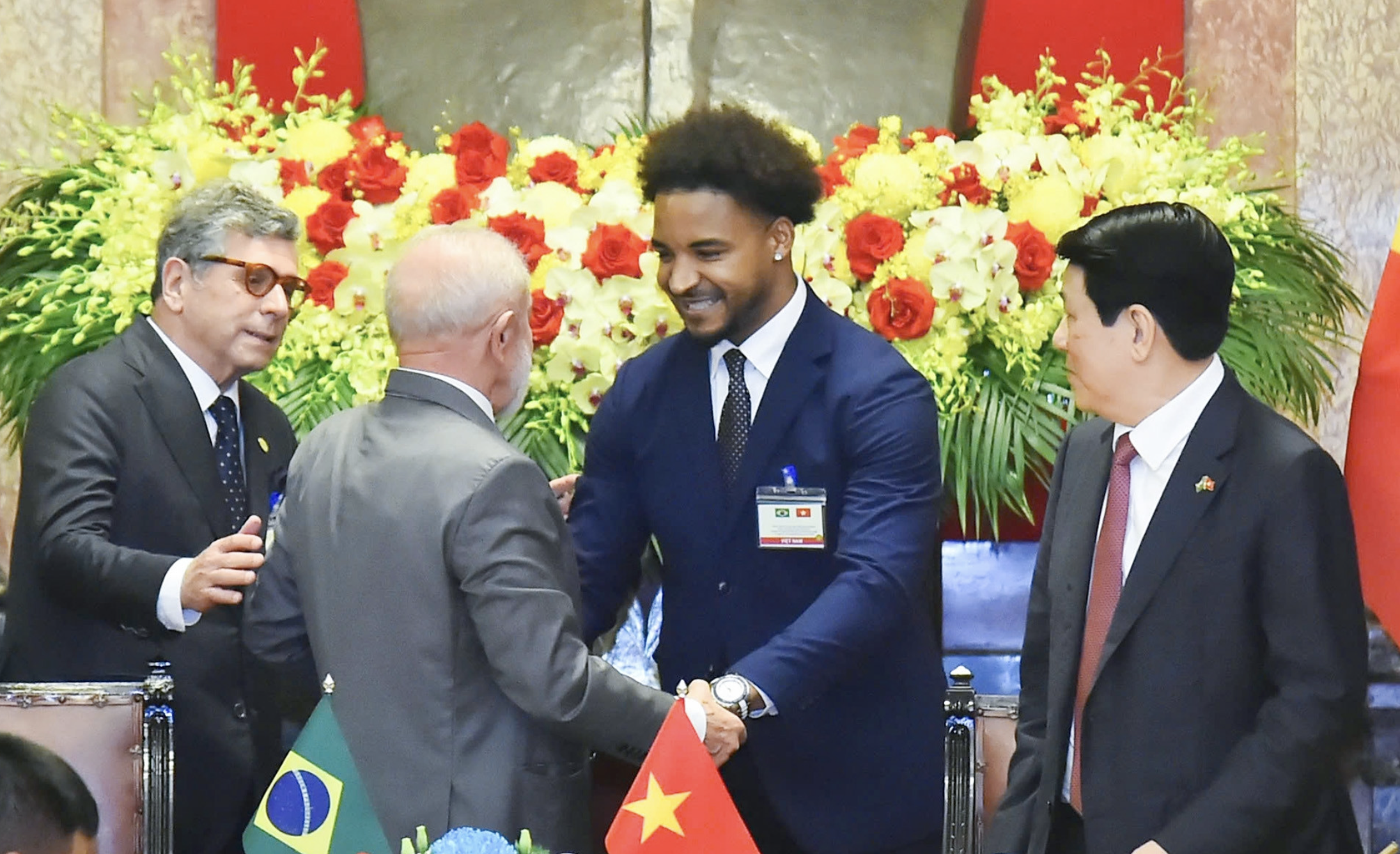

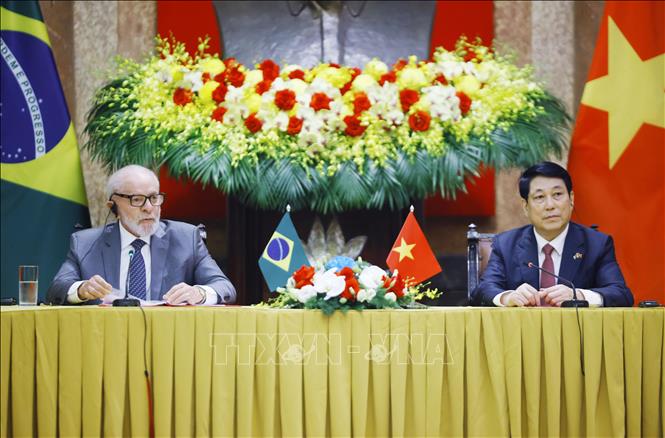

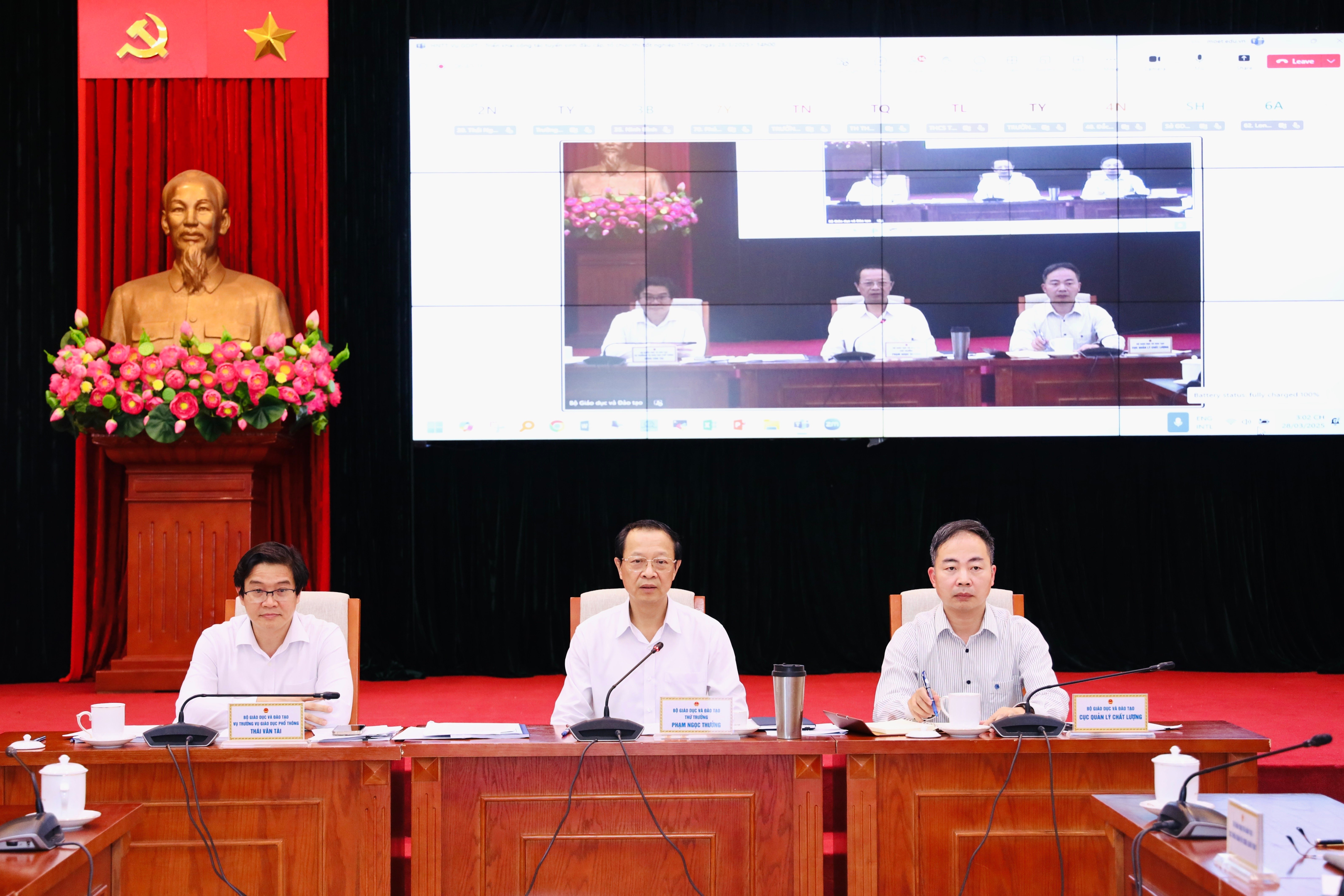







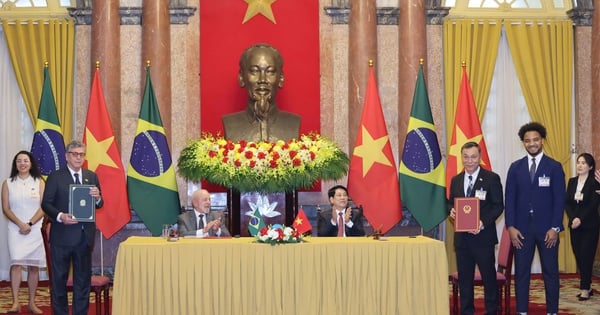


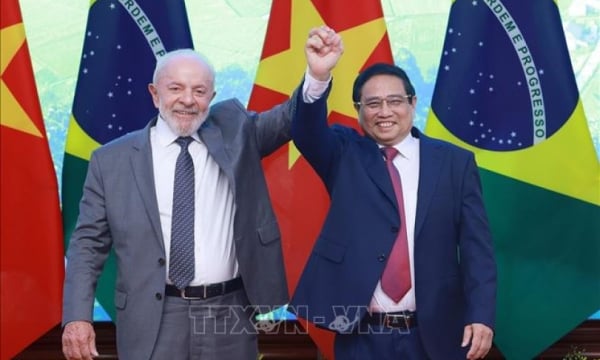
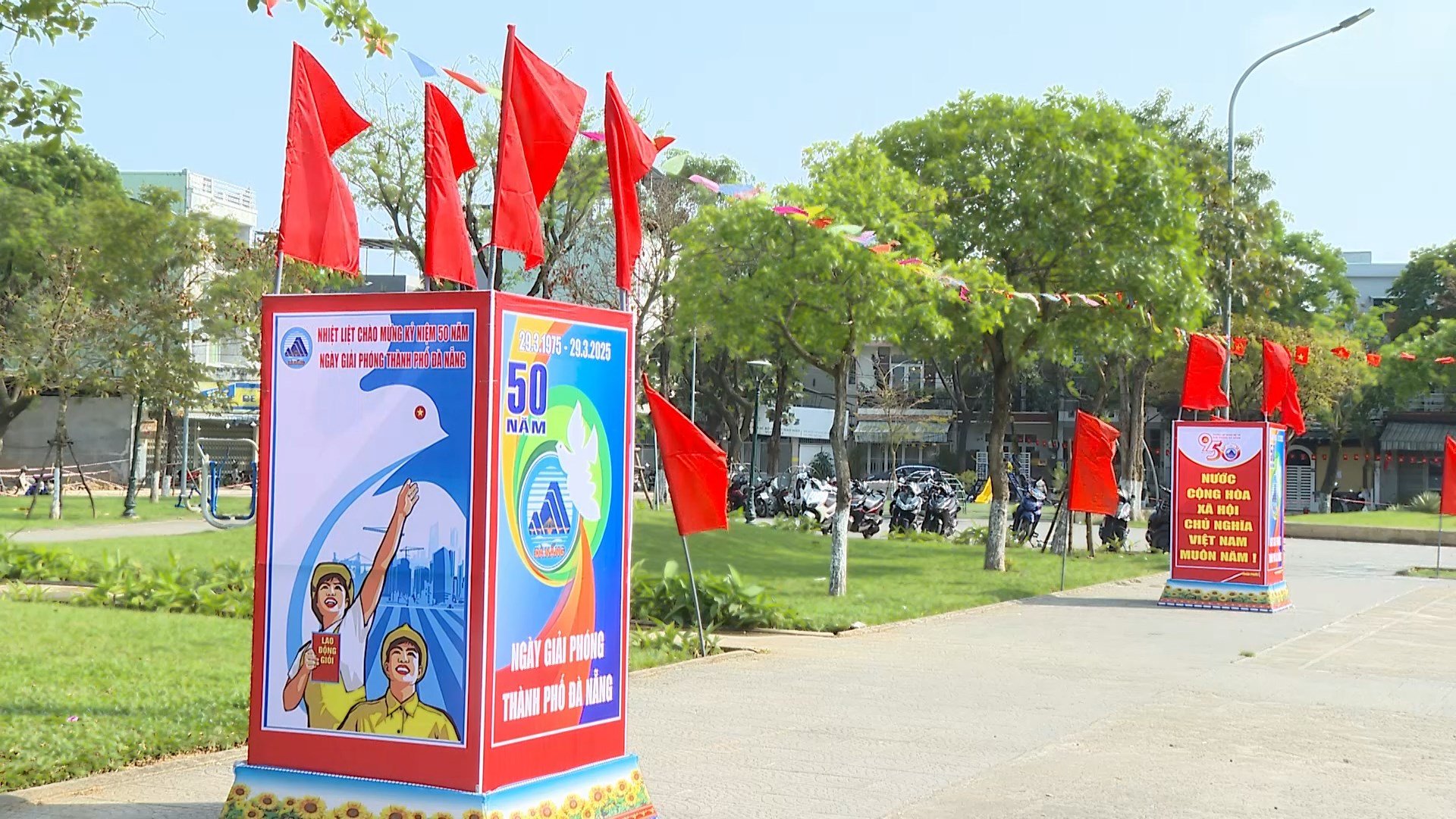
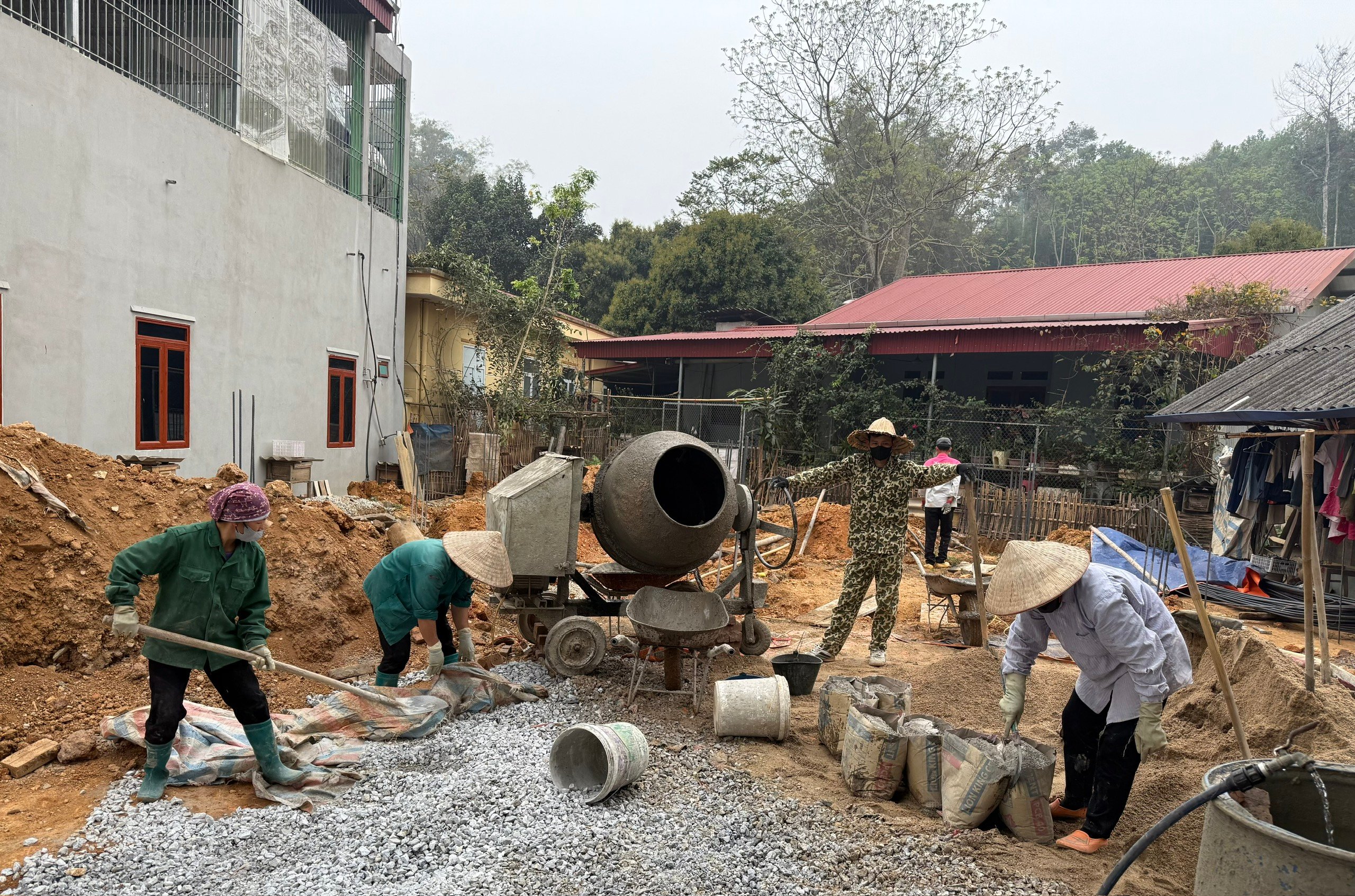
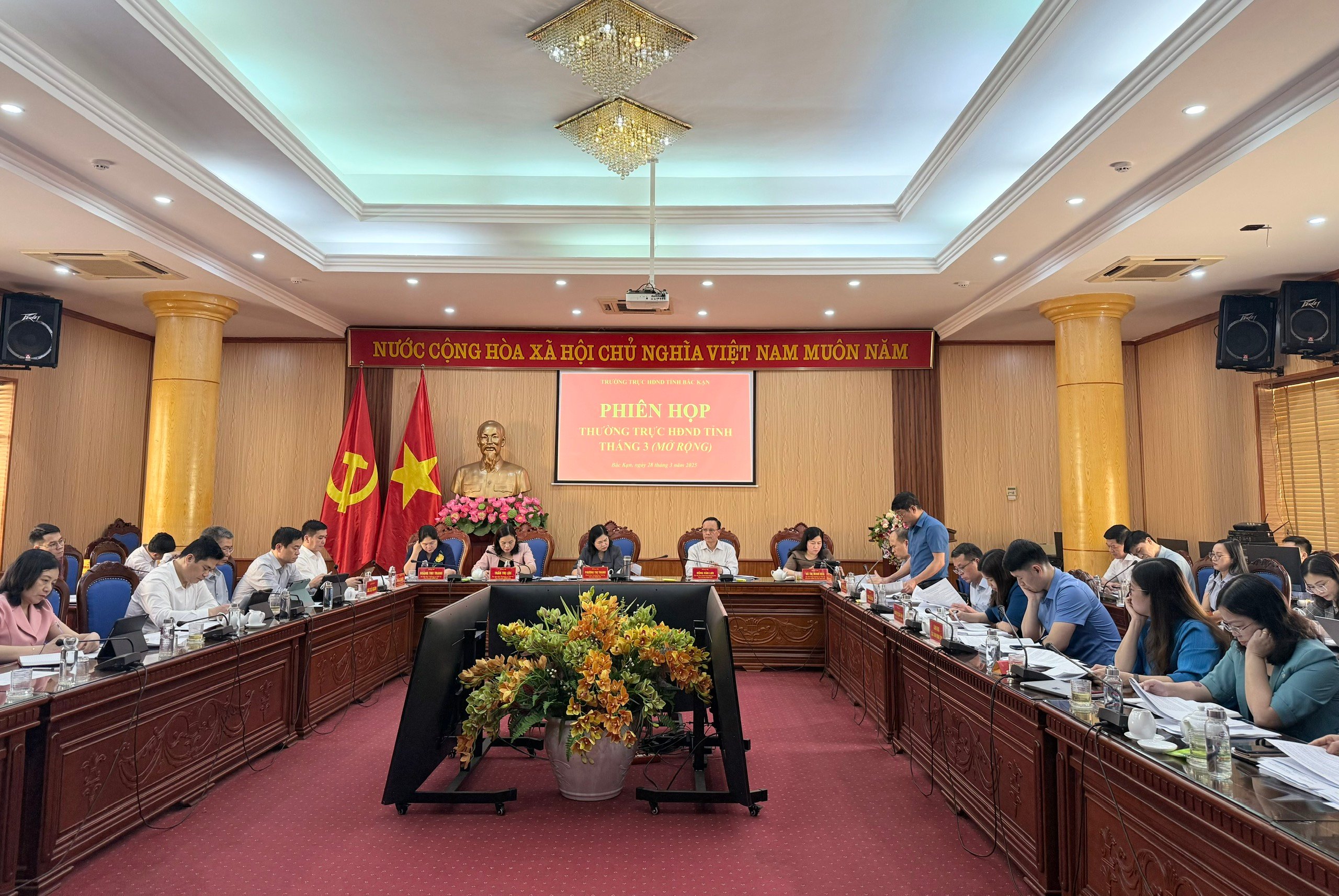







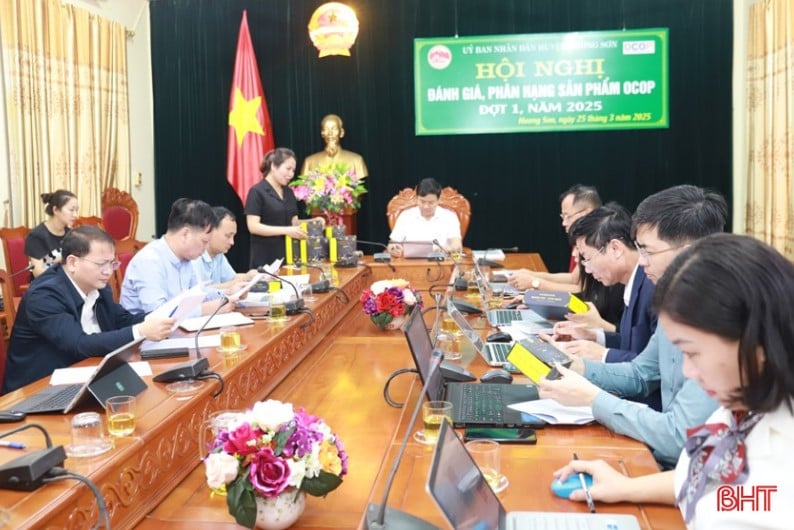

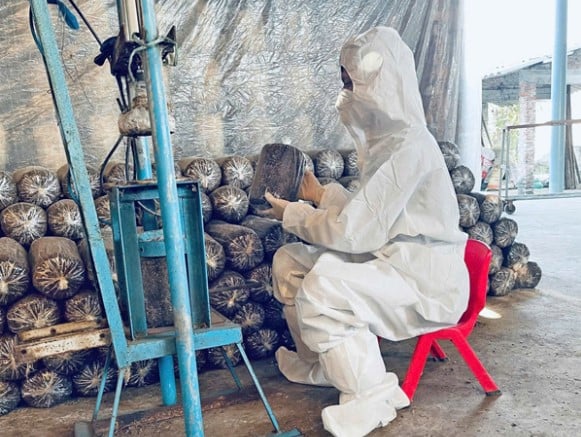
Comment (0)